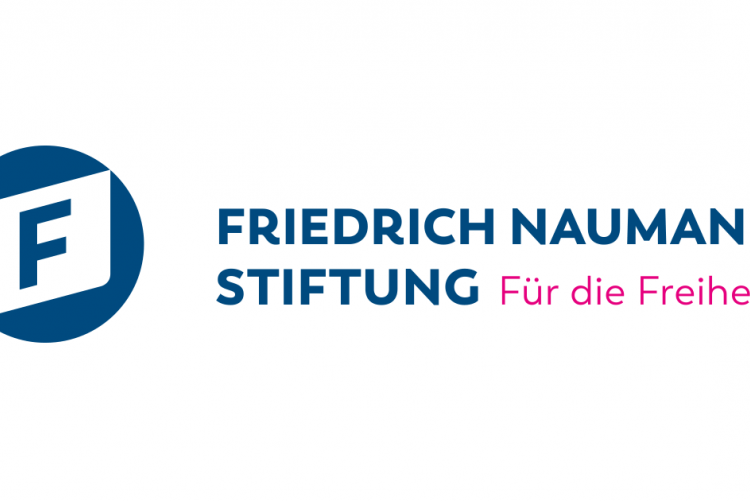| Title | Prospects for governance reform in the euro area: Open during renovation? |
| Publication Type | Konferencia kiadvány / Conference Paper |
| Év / Year | 2019 |
| Authors | Jankovics, László |
| Konferencia neve / Conference Name | European Elections 2019 - Renewing the Political Agenda for a United Europe |
| Kiadó / Publisher | Hungarian Europe Society |
| Abstract | The European single currency is 20 years old in 2019, the first 10 relatively quiet years have been followed up by 10 tumultuous ones. In the latter decade, many policy steps were taken to fix the incomplete nature of the original ‘Maastricht assignment’, but there are still a number of unfinished items on the reform agenda. Hence, the overdue completion of Economic and Monetary Union’s (EMU) architecture will have to be taken forward by the newly formed European Parliament as well as by the newly appointed leaders for the top EU political posts. Even if a breakthrough of Eurosceptic forces will be avoided, there are unresolved disagreements among the mainstream political forces both about the final shape of EMU and the measures needed to strengthen its resilience. These policy choices (or further procrastinations with them) will be intensely scrutinised by Central and Eastern European Member States currently outside the euro area as their eventual decision to adopt the euro will partly be a function of the attractiveness of the reformed EMU set-up. To understand better the economic context of the above-described policy dilemmas, the first section presents the prevailing patterns in European real convergence, with a particular focus on Central and Eastern European (CEE) Member States, who are either recently acceded to the Eurozone or are currently outside of it. This more structural picture on growth performance will be complemented by an overview on the EU’s cyclical position and the related economic challenges. The next part will be devoted to a stocktaking of what have already happened in this long EMU reform drive started in 2010 and what issues are the ‘leftovers’ expected to be tackled during the next Parliamentary term. Finally, the last section will elaborate on the prospects of Eurozone accession in the CEE region, which is likely to turn out to be one of the most decisive EMU developments in the coming years. |
European Elections 2019 - Renewing the Political Agenda for a United Europe
The Hungarian Europe Society held an international conference supported by the Friedrich Naumann Stiftung für die Freiheit entitled "European Elections 2019 - Renewing the Political Agenda for a United Europe" on 12-13 April 2019 at the Ibis Styles Budapest Center (Rákóczi út 58, H-1074 Budapest).


